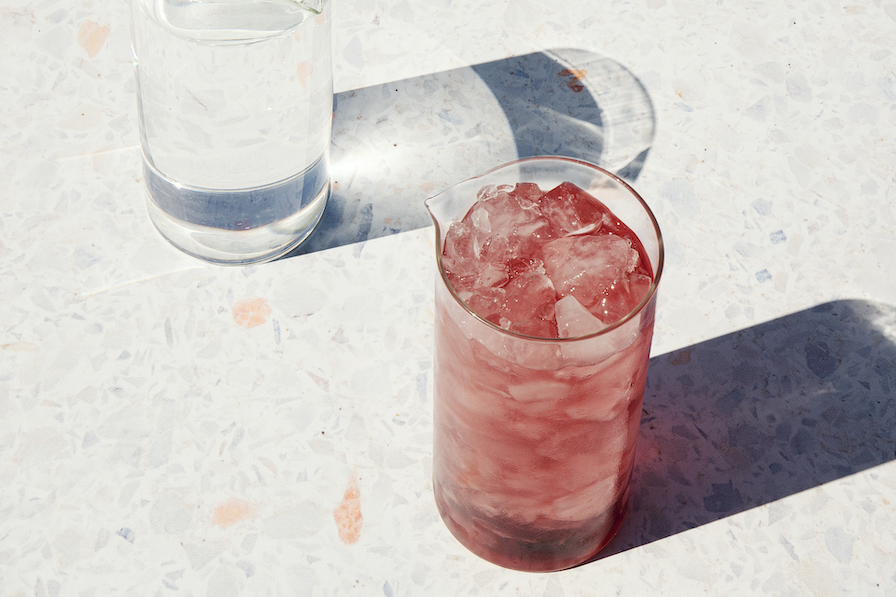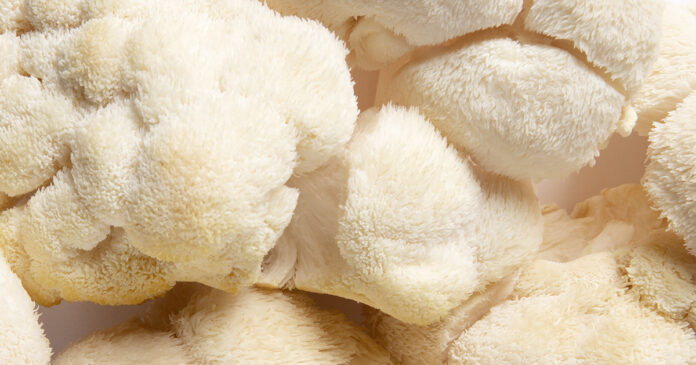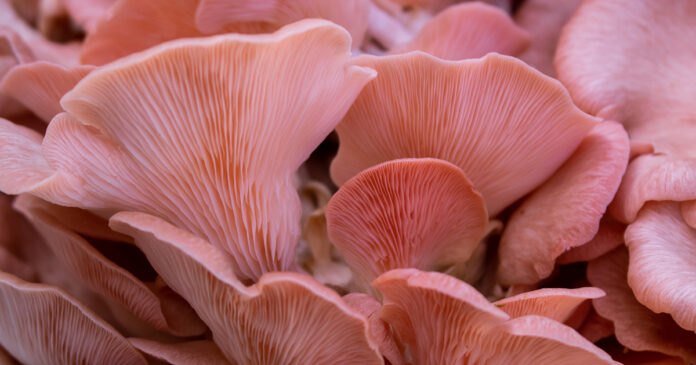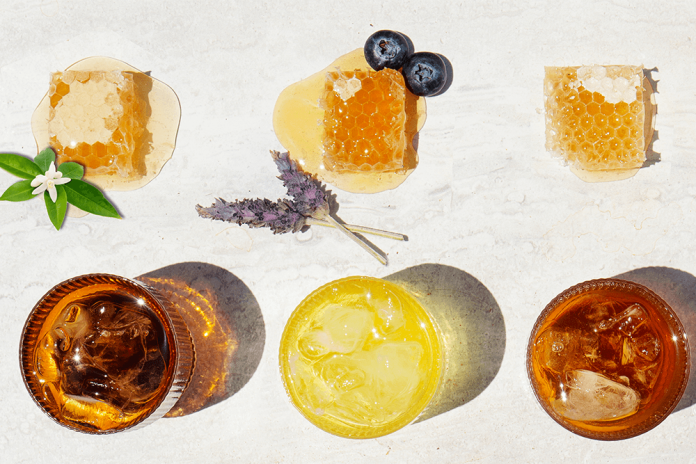Have you been told that the caffeine in tea and coffee will dehydrate you?
Many people believe this and assume that only pure water counts toward your daily hydration requirement.
Fact or fiction?
Well, if you dig into the research (as we’ve done below), you’ll find that just about every conclusion among scientists, nutritionists, and medical experts says this is nonsense!
Here’s why you should continue drinking tea without worrying about your hydration levels.
Summary of Hydration Facts
- A pint of water versus a pint of tea will have the same impact on your body’s hydration – if you’re in fairly good shape, live a normal lifestyle and have healthy dietary habits.
- While caffeine is a diuretic that stimulates urination, it doesn’t seem to take effect in amounts below 350 milligrams. That’s about 3 cups of coffee and 6-9 cups of tea.
- Since caffeine disappears from your body in 6 hours, you’d have to be drinking tea all day long (and about 10 cups of it) to experience a diuretic effect.
- Any liquid you drink or take in through food (fruit, for instance) counts towards your hydration, not just water. Your kidneys filter the liquid and extract water for your body to use.
The Myth: Is Tea a Diuretic?
The caffeine dehydration myth is long-established and started to be woven into the fabric of tea lore close to a century ago.
A widely reported 1928 study claimed caffeine led to more frequent urination and thus increased dehydration. The experiment involved just three men over a period of two winters. Sometimes they were given four cups of tea daily for a short time. Sometimes coffee, or “mainly” tea, or water or water laced with neat caffeine extract. Their urine output volume was then measured.
This showed more frequent urination with caffeine and that after a two-month abstinence, the excreted volume was higher than if subjects had consumed tea or coffee on a continued basis. The study implied that the diuretic effect of caffeine is to leave you dehydrated – in other words, you’ve “lost” fluid.
But, as has been pointed out again and again since then, if you drink a pint of water, you’ll urinate just the same amount as from a pint of tea. You will naturally replace the emptied fluid within a few hours, triggered by a sense of thirst.
As for the frequency of urination, the abstinence effect has been found in other studies and seems to reflect a one-time adjustment of the body to a new nutrient. The effect disappears entirely within a day.
The 1928 study ignored all this, and given the tiny sample, lack of systematic process, absence of measurements including “frequency,” and omission of controls, it really says nothing about dehydration.
The negative connotations of caffeinated drinks extended this myth, however. Caffeine is a powerful psychoactive agent with noted risks and also benefits. It’s natural to assume that it, therefore, will have a strong impact on your body’s fluid balance.
But unless you’re drinking it in very large doses, science tells us the effect is very small.
It’s essentially classified as a mild diuretic. (Diuretics reduce the amount of water in your blood and are usually associated as a medication (“water pills”) that helps rid your body of excess fluid and potentially combat high blood pressure.) Alcohol, ginger, parsley, and dandelion are examples of the wide range of diuretics.
The Science: Why Tea is Hydrating
Here are a few of the many studies that meet the standards of solid scientific research and refute the caffeine/dehydration linkage.
The first one is both creative and meticulous. It was carried out at the very high altitude (17,000ft) base camp on Mount Everest. (1)
The logic was that dehydration is a major risk to climbers who face constant thirst, drying out of skin in the cold, dry air, heavy breathing (breathing is in itself dehydrating) and that caffeine is a welcome aid in their handling lassitude and maintaining alertness and performance.
With the body under extreme stress, the impacts of caffeine versus water intake would surely be marked.
There weren’t any.
The sample population was 9 men and 4 women – all trained and fit members of an expedition. The methodology was a crossover design with two dietary interventions, one with tea as the fluid intake and one where it was completely excluded. The climbers were prohibited from consuming other caffeinated foods and beverages or alcohol.
The crossover design removed potential sources of bias by ensuring each subject experienced both the “tea” and “non-tea” regimens.
The researchers measured pre and post-intervention urine levels, electrolyte balance (sodium and potassium), specific gravity and color. Here are the differences they found in hydration status between the control and tea groups: zero.
The concluding summary is succinct and has been confirmed across many other studies with none countering it: “Even when drunk at high altitude where fluid balance is stressed, there is no evidence that tea acts as a diuretic when consumed…by regular tea drinkers.”
There was one striking extra finding that emerged from the study: mood. The subjects reported that they felt less fatigued and more upbeat when tea was included in the diet.
Here are a few other studies, picked because they cover just about all the objections a skeptic might raise, such as the effects of body weight or green tea versus black tea.
The differences between tea and water in hydration are a consistent zilch:
- 2005: 69 males studied over an 11-day period. Neither body size and weight or the amount of caffeine, controlled within the safe limit of 500 mg a day, affected hydration and dehydration. (2)
- 2014: subjects’ blood tested for signs of kidney impact of 4 cups of tea a day showed no differences versus a control group. The total water in the body was the same. (3)
- 2003: review of published studies on caffeine intake and fluid balance concluded that consumption of normal levels of caffeine appears to have no diuretic action. (4)
- 1991: 412 males and 244 females: “in both sexes frequency [of urination] was unrelated to the reported daily ingestion of coffee, tea or diuretics.” (5)
The message: Enjoy your tea
The relevance to yourself of these studies is not just that you don’t have to worry that tea dehydrates you and robs you of your precious bodily fluids. It’s much more positive.
The main reason we love tea is that it contributes so much to our daily life – from health benefits to a mood boost. These studies all say that you don’t have to give those up.
The Mount Everest study highlights this. The only difference between the tea and water treatments was that tea improved the climbers’ sense of well-being.
Water is pretty boring as your main everyday drink. Tea adds so many mood lifters: the flavors and aromas that appeal to your senses, the chemical interactions that nurture wellness, the light caffeine that adds to alertness and aids concentration, and the inexhaustible varieties.
Keeping your body well-hydrated is vital to your well-being. Dehydration is life-threatening. Even a small variation in the balance of fluids in your system can quickly create dizziness, fatigue, and loss of focus.
The call to drink two liters of water a day is stamped on our consciousness and there are many experts who feel that may be too low a standard. The myth says two liters of water, no tea. The science is clear: two liters of fluids, with tea included.
Water is the main and necessary component of your bodily fluids – in your blood, joints, and saliva. It amounts to 60% of your body weight. Our lungs are 90% water, bones 22% and blood 83%. The flow of fluids plays a non-stop role in regulating temperature, lubricating lungs, and skin, maintaining blood pressure and transporting nutrients, oxygen and body waste. A key function is to balance key chemical elements, especially sodium. Your kidneys regulate the flows here.
Drink your tea leaves as part of the balance. Keep up with your fruit and veggie intake. Respond to what your body is signaling especially about being thirsty. And drink water, of course.






